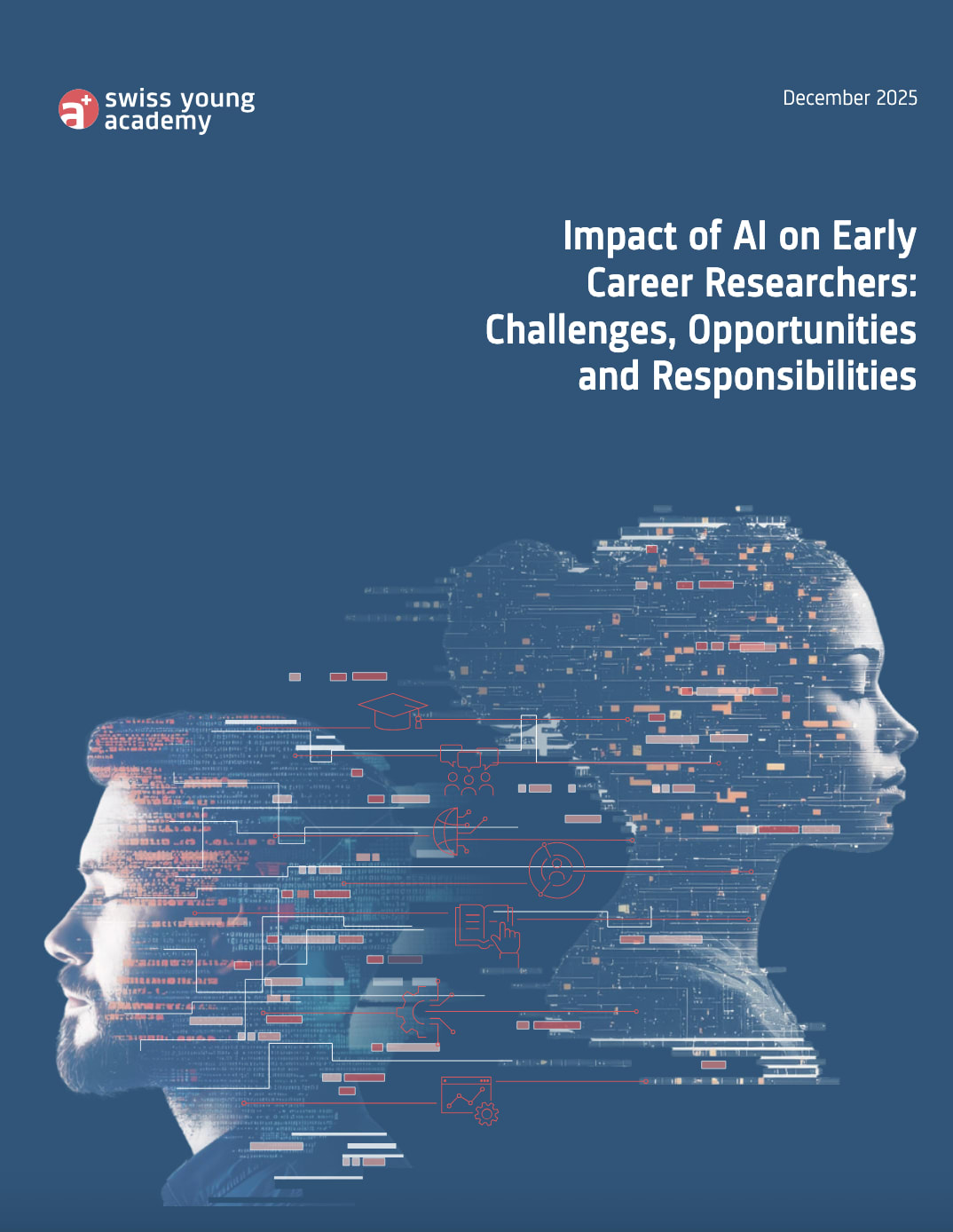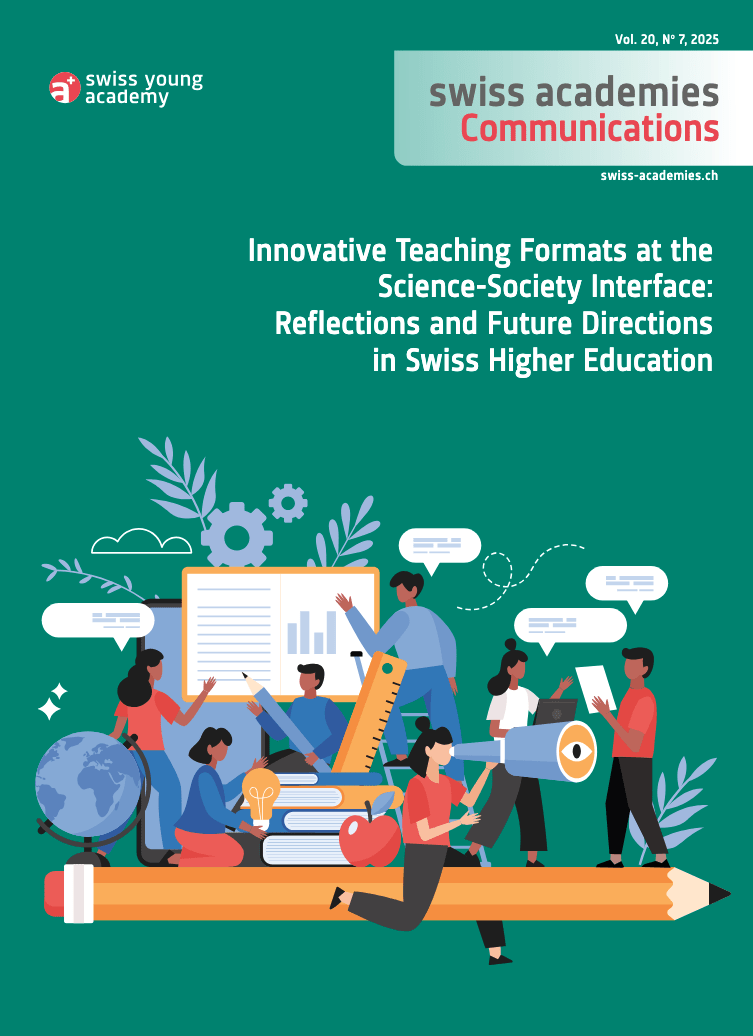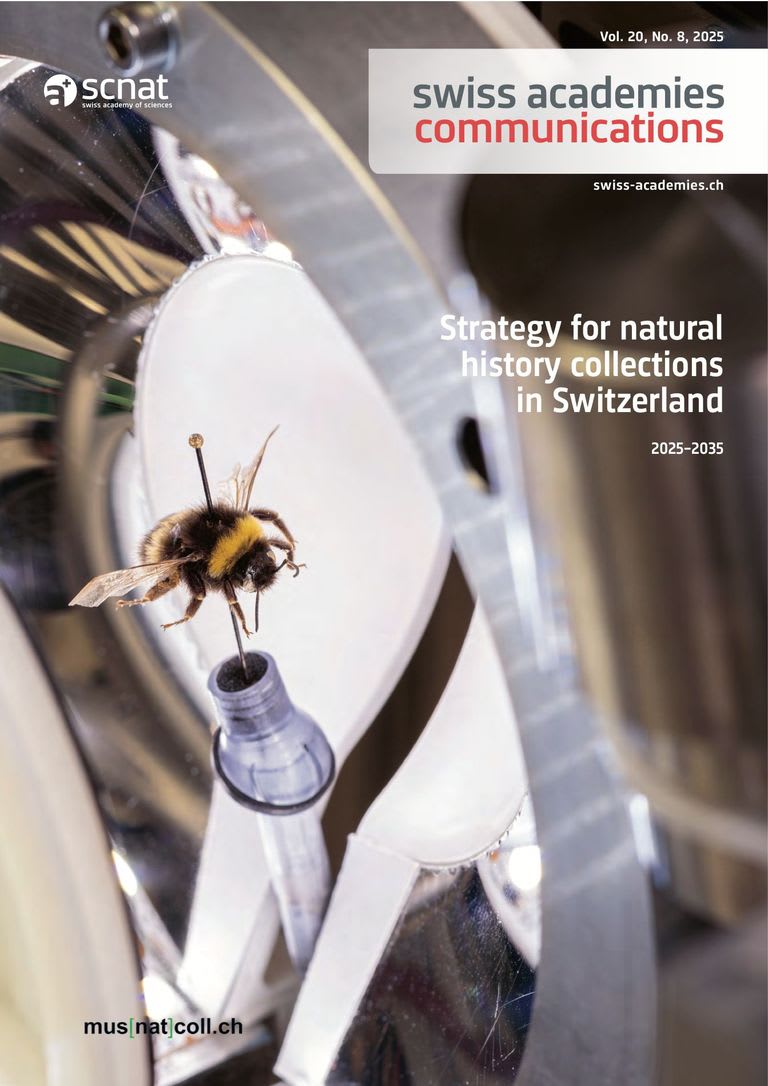Swiss Academy of Sciences SCNAT
Variety is the source of life: Agrobiodiversity benefits, challenges, and needs
SWISS ACADEMIES FACTSHEETS, VOL. 15. NO. 1, 2020
For millennia, humankind’s food security and resilience were ensured by thousands of cultivated plant species, dozens of domesticated animal species, and the wider biodiversity from which they derive. But with the expansion of industrial agriculture and globalized standardized food systems, this long-running agricultural biodiversity has fallen steeply. Today, just three plant species account for half of all plant-based food calories, and only four animal species account for the vast majority of meat supplies. Looking ahead, restoring agrobiodiversity – the richness of what we cultivate, breed, consume, and conserve in the wild – is crucial to ensure resilient food systems against the backdrop of climate change.
In particular, we must safeguard the livelihoods of the “guardians of agrobiodiversity”: approximately 500 million small farms across the world – particularly those in the global South. This factsheet outlines causes and consequences of agrobiodiversity loss, areas of promise, and options for policy and research.
Swiss Academy of Sciences (2020) Variety is the source of life: Agrobiodiversity benefits, challenges, and needs. Swiss Academies Factsheet 15 (1).




